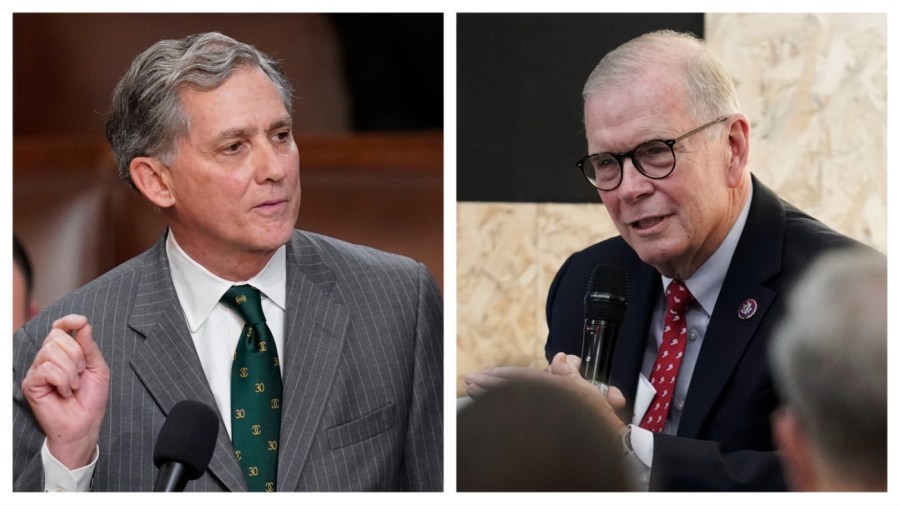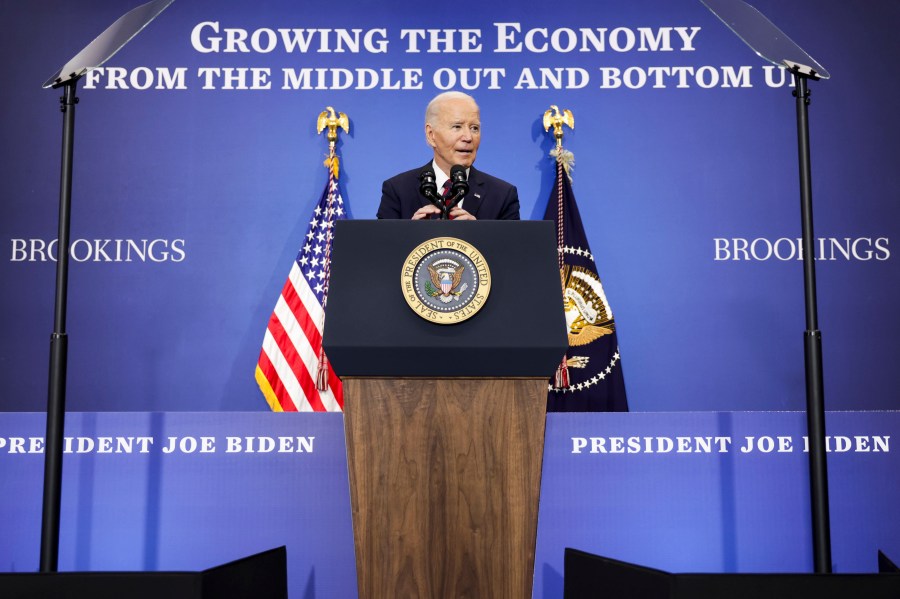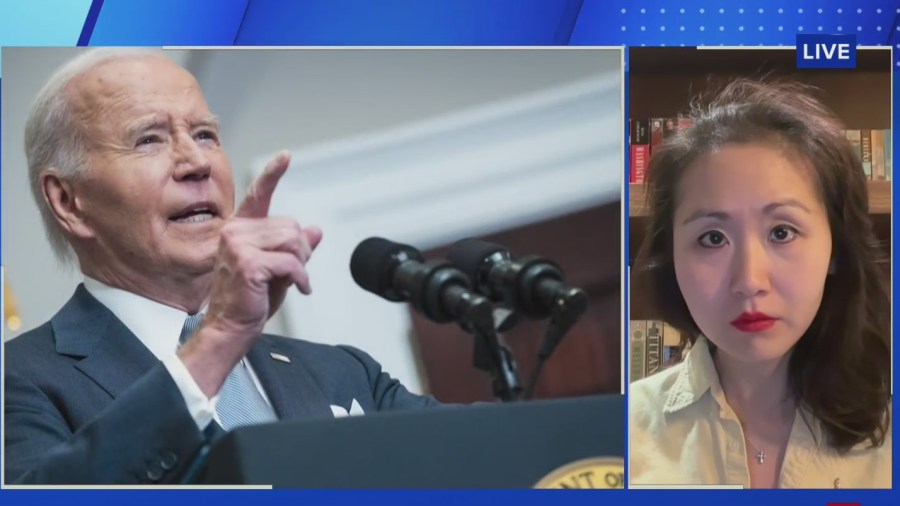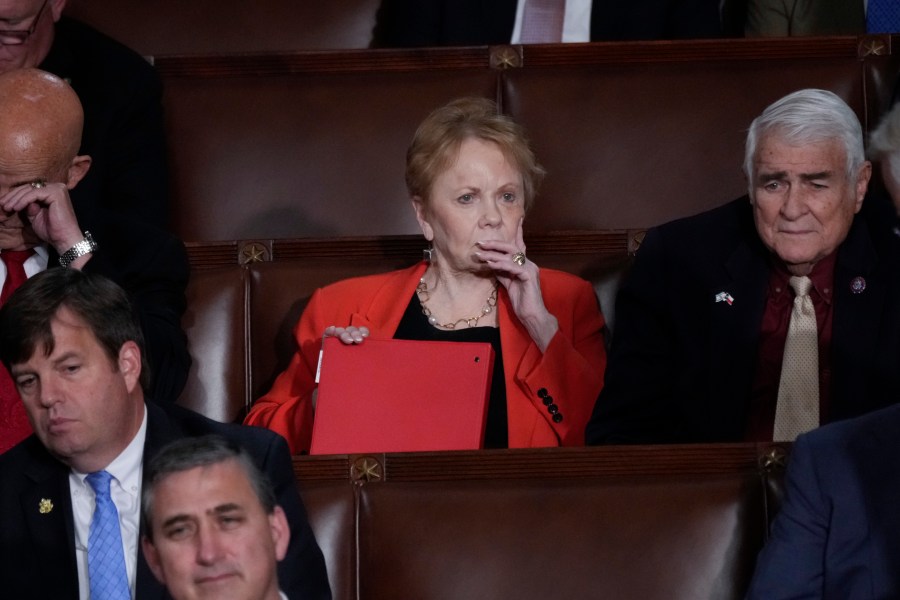
Hill to chair House Financial Services Committee, Walberg to lead Education and Workforce panel
House Republican leaders on Thursday choose Rep. French Hill (R-Ark.) to lead the House Financial Services Committee in the 119th Congress and Rep. Tim Walberg (R-Mich.) to chair the House Committee on Education and the Workforce, completing their selections for committee chairs.
Hill was selected to lead the Financial Services panel, over Reps. Andy Barr (R-Ky.), Frank Lucas (R-Okla.) and Bill Huizenga (R-Mich.), according to two sources in the room of leaders who made the decision. Hill won on the second ballot after Lucas dropped off on the first ballot, one source said.
The powerful Financial Services Committee provides oversight of the Federal Reserve, Wall Street, and cryptocurrency — a major area of interest for the incoming Trump administration. Hill has become known as a knowledgeable source on cryptocurrency and led a bill to regulate digital assets.
The current House Financial Services Committee chair, Rep. Patrick McHenry (R-N.C.), was term-limited in the role and is leaving Congress at the end of the year.
Hill’s victory may come as a surprise to some members. Barr was seen as a strong contender with a close relationship with House Majority Leader Steve Scalise (R-La.) and other leaders who made the decision, and Hill’s close relationship with former Speaker Kevin McCarthy (R-Calif.) was seen as a potential challenge to securing the gavel.
Barr congratulated Hill on the victory in a post on the social platform X.
Walberg won the gavel, a source said, over Rep. Burgess Owens (R-Utah), who was also vying for the position. Outgoing Chair Virginia Foxx (R-N.C.) is finishing up a fourth term on the panel and did not seek a waiver to continue chairing it.
Walberg ran on being one of the most senior members of the committee. In the new Congress, his top priorities would include supporting parents’ rights, combating antisemitism and anti-Americanism on campus, and updating the Family Educational Rights and Privacy Act law.
The committee will play a role in the House GOP’s partisan reconciliation bills they hope to push through Congress to Trump’s desk, due to plans to address student loan issues.
The selections are made by the House GOP Steering Committee, a panel of roughly 30 House GOP lawmakers that includes elected leaders and regional representatives. Their choices will be formally ratified by the House Republican Conference and the whole House, a process that is generally uncontroversial.
One remaining unknown chair position is for the House Rules Committee. Speaker Mike Johnson (R-La.) has the sole authority to appoint the chair for that panel. The current chair, Rep. Michael Burgess (R-Texas), is retiring from Congress.
Rep. Sam Graves (R-Mo.) will also keep his position atop the House Transportation and Infrastructure Committee. Graves last week was granted a waiver to the House GOP’s term limit rule by the Steering Committee to seek a fourth term in the stop GOP slot, a decision that surprised some lawmakers.
Rep. Rick Crawford (R-Ark.) had sought the Transportation and Infrastructure gavel, but he withdrew his name from consideration on Tuesday. In a statement, Crawford said the “decision is in the best interest of the Conference and will promote unity within our ranks,” and that he would be “playing a leading role” in crafting an “America First surface transportation bill by September 2026.”
The panel of GOP leaders selected leaders for several other open chairmanships earlier this week.
In the most surprising decision to those in the Capitol, Rep. Brian Mast (R-Fla.) was chosen to be chair of the House Foreign Affairs Committee, beating three other more senior Republicans for the post.
Rep. Brett Guthrie (R-Ky.) is set to chair the powerful House Energy and Commerce Committee.
And Rep. Brian Babin (R-Texas) will chair the House Committee on Science, Space, and Technology.
Mychael Schnell contributed. Updated at 5:05 p.m.



